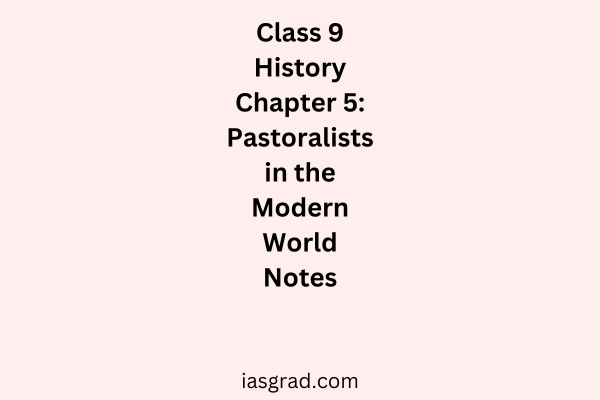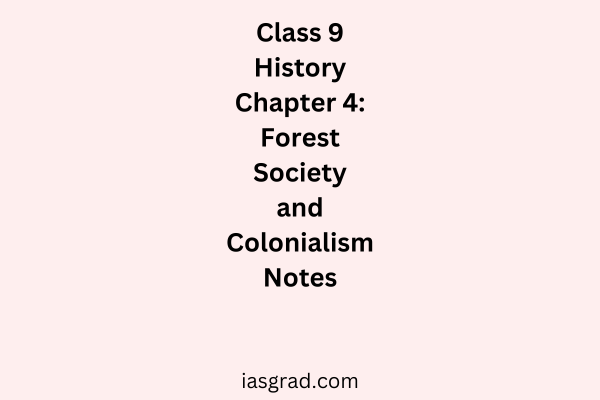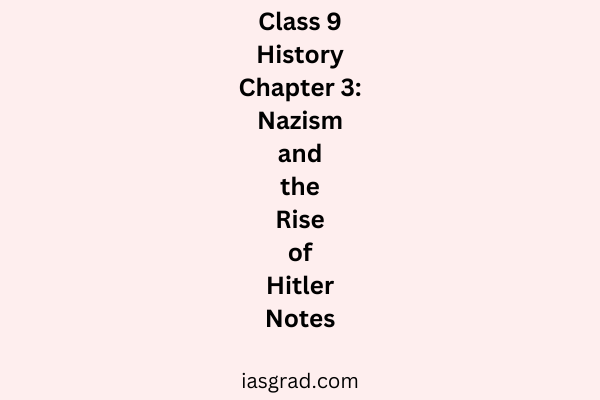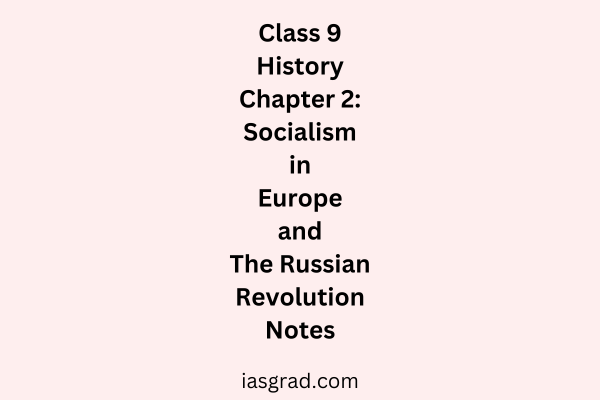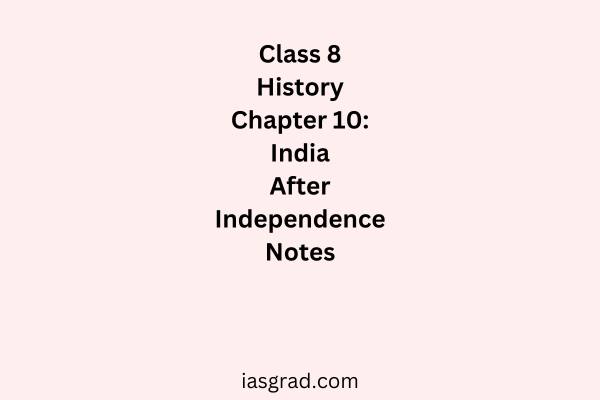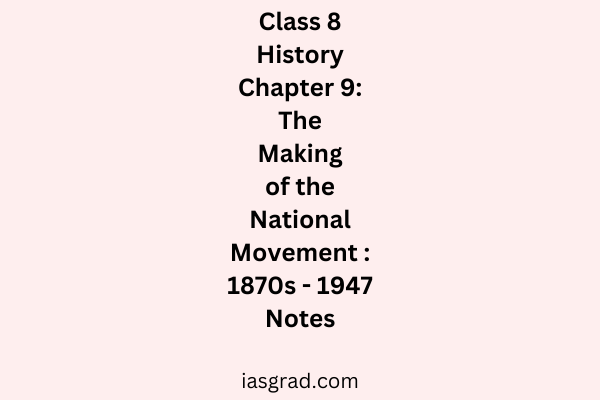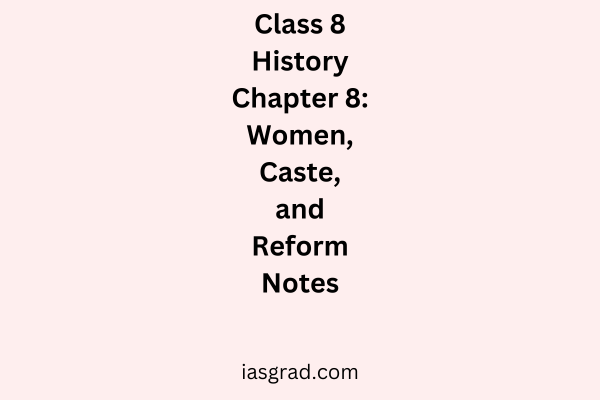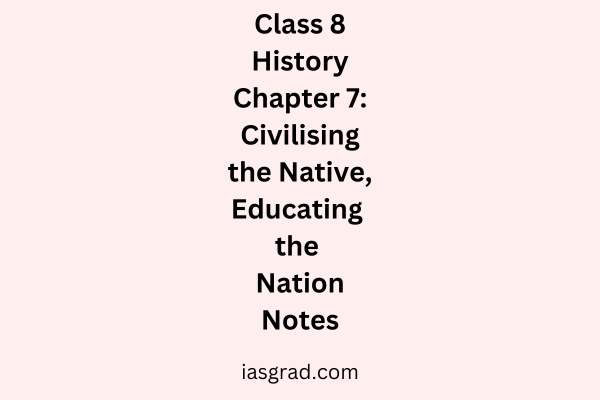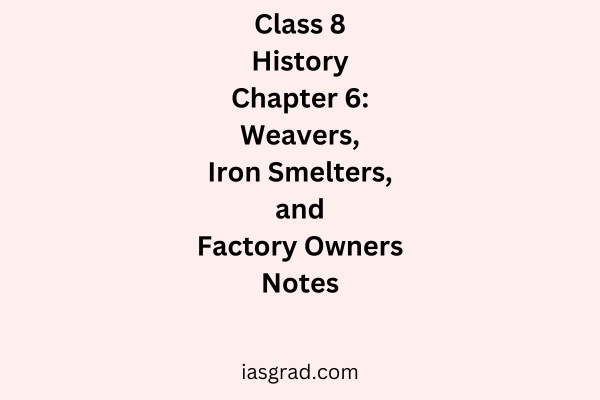Class 9 History Chapter 5: Pastoralists in the Modern World Notes
Class 9 History Chapter 5: Pastoralists in the Modern World Notes Pastoral communities have long depended on grazing lands and seasonal migration for survival. This chapter explores how colonial laws, land policies, and modernization disrupted traditional nomadic lifestyles. It highlights the struggles of pastoralists in India, Africa, and Central Asia, discussing their adaptation, resistance, and […]
Class 9 History Chapter 5: Pastoralists in the Modern World Notes Read More »
